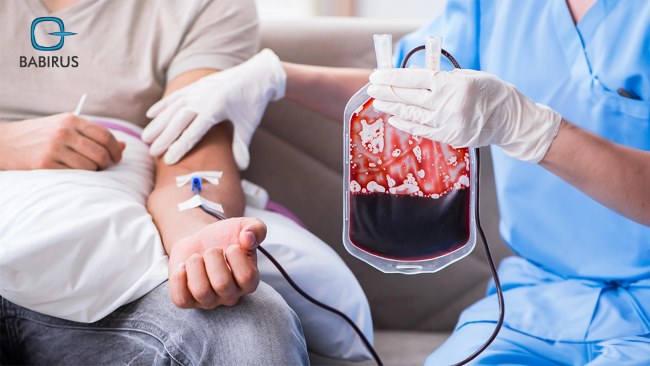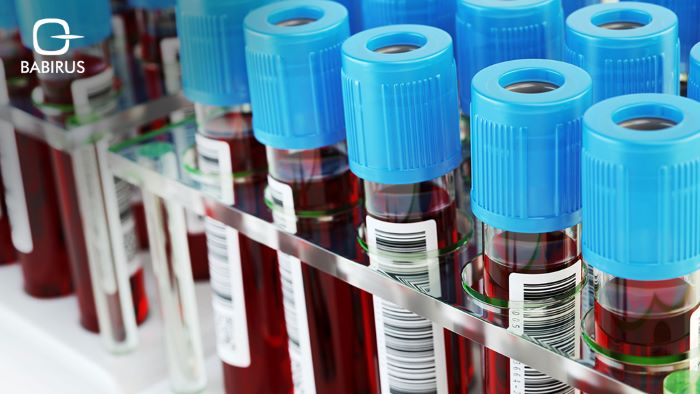Hematology vs. Transfusion Medicine: What is the Difference?

Hematology vs. transfusion medicine are the two main areas to speak about when it comes to understanding the blood field in medicine as they are both very vital in providing proper healthcare services.
Moreover, although hematology vs. transfusion medicine are both used in blood-related conditions and illnesses, yet there are clear differences in the purposes and techniques.
In this article, we will share updated information about hematology vs. transfusion medicine, including key differences, details, and techniques.
Hematology: The Study of Blood
Hematology is the term referring to the medical sector that studies the blood, blood-forming organs, and blood disorders from all aspects and details, moreover, it focuses on the cellular components of blood, such as red blood cells, white blood cells, and platelets, as well as the mechanisms that control their production and function.
The hematology test is done in the laboratory, to identify abnormalities, and help hematologists define appropriate therapies to manage and cure blood disorders.
Thus, we can say that hematologists are medical doctors who specialize in diagnosing, understanding, treating, and preventing blood diseases.
Unfortunately, there is a wide array of blood disorders, including anemia, clotting disorders, leukemia, lymphoma, and myeloma that are impacting the lives of hundreds around the world.
To make things clearer, let us talk about how a hematologist might treat a patient with anemia, as the first step would be identifying the underlying cause, which could range from nutritional deficiencies to chronic diseases, then accordingly setting the appropriate treatment.
Likewise, hematologists play a crucial role in managing cancers like leukemia and lymphoma, working with oncologists to provide full healthcare.
Transfusion Medicine: The Science of Blood Transfusion
Transfusion medicine is a specialized field that deals with blood transfusion and its components based on an accurate process, which can be life-saving in many situations, including surgeries, trauma, and chronic conditions requiring blood transfusions.
Moreover, the transfusion process must be done by a professional transfusion specialist in the collection, testing, processing, and storage of blood donations to ensure that patients receive safe and compatible blood types and avoid complications and potential risks during the transfusion process.
As an example of the importance of transfusion medicine, during a complex surgery, a transfusion specialist is the one responsible that the patient receives the right type of blood and monitors for any adverse reactions.
The Differences Between Hematology and Transfusion Medicine:
While hematology vs. transfusion medicine has different roles and processes, however, their specialists work closely to manage patients with blood disorders, especially those who need regular blood transfusions.
As in such scenarios, the hematologist diagnoses and treats the blood disorder, while the transfusion specialist ensures the patient has a steady supply of safe and compatible blood products.
However, we cannot ignore the main differences between hematology vs. transfusion medicine:
- Scope of Practice:
As hematology works on blood-related disorders (e.g., anemia, leukemia), meanwhile transfusion medicine is all about blood transfusions and blood products.
- Clinical Focus:
Hematology manages diseases of the blood, bone marrow, and lymphatic system, on the other hand, transfusion medicine ensures the safety and effectiveness of used blood products.
- Procedural Differences:
Hematology includes bone marrow biopsies and blood tests, and transfusion medicine is about blood donation and managing transfusions.
Last but not least,
Hematology vs. transfusion medicine are not really two competing medical fields, as although they have different approaches, yet they complement each other and are two vital sectors in delivering high-quality medical services.
Thus, we can say that these specialties together, provide comprehensive care, advancing the science of blood and ultimately saving lives.

